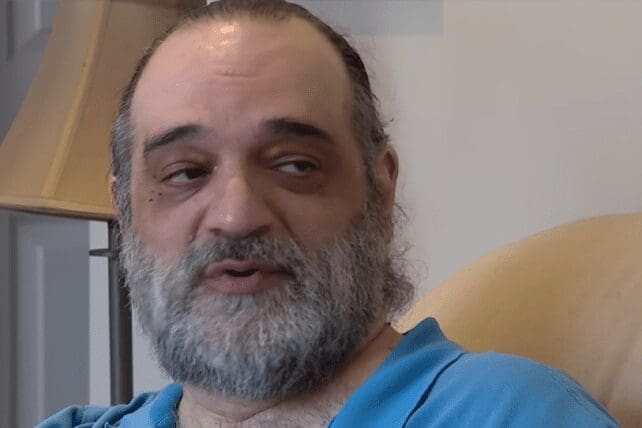Next year, the eligibility for MAID in Canada will be expanded even further to include patients whose only condition is mental illness.
“After March 17, 2023, people with a mental illness as their sole underlying medical condition will have access to MAID if they meet all of the eligibility requirements and the practitioners fulfill the safeguards that are put in place for this group of people,” the Canadian health services website states. “If you have a mental illness along with other medical conditions, you may be eligible to seek MAID [effective immediately].”
As Canada has universal healthcare through the use of tax money, MAID is government funded and administered at no cost to the patient or their family.
Trudo Lemmens, professor of law and bioethics at the University of Toronto, argued that MAID devalues the lives of people with disabilities who struggle with poverty, saying, “We have created a system where ending of life is an easier and cheaper solution than actually investing in healthcare and social support.”
“I actually had not expected that it would go so fast and that this particular issue of people living in poverty asking for medical assistance in dying would so rapidly take off in the Canadian context, and that physicians would sign off on it,” Lemmens remarked. “The solution, in my view, is to go back to the drawing table.”
Though Canada has put measures in place to avoid a rise in “suicide tourism,” it does not currently have a review commission to consider troubling cases, such as Farsoud’s. MAID deaths totaled 10,064 in 2021, up 32.4% from 2020. 81% of applications were approved.
It is expected that MAID will come to account for roughly 4% of all deaths in Canada annually.
Despite ethical concerns, 86% of Canadians support access to MAID, with 87% support from Canadian Catholics and 82% of Canadian Protestants. Earlier this year, one Winnipeg church made headlines for holding a “Crossing Over Ceremony” for one of its members, wherein the patient died via medically assisted suicide in the sanctuary of its building.
Though euthanasia is illegal in the United States, 10 states and Washington, D.C., allow for physician assisted suicide if a patient has a terminal diagnosis and has been given six months or less to live.
RELATED: Longtime, Pro-life Advocates in SBC Rejoice at Roe’s Demise
“I am unlikely to accept as ‘loving’ the sort of god that demands that we suffer unnecessarily. I do not say that it is possible to always avoid all suffering,” wrote John Cartwright, congregationalist minister, in support of legalized assisted dying in 2009. “I do say that I find it incompatible with my conception of God that a patient be effectively tortured by being kept alive with no hope of anything but pain and deterioration. God would not want that to happen to me; he thinks more of me than that.”

